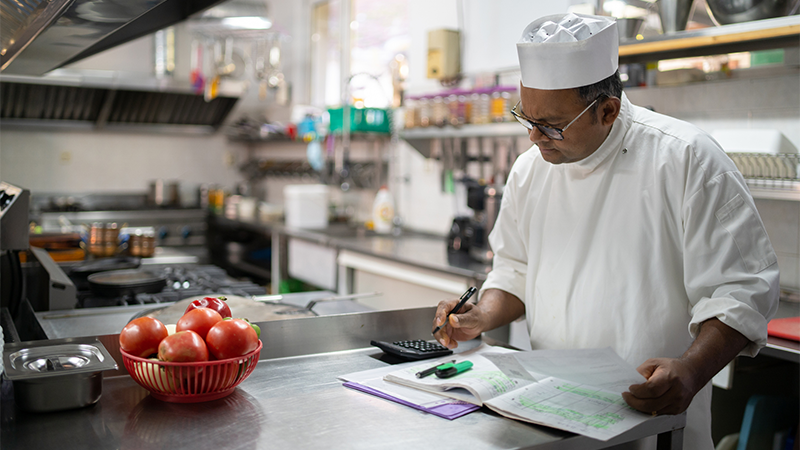Adjusting prices after a disaster
Setting a fair price could ensure your business’s survival and bolster your reputation in the wake of a disaster.

Events like Hurricane Ida and the COVID-19 pandemic have made the world feel smaller, and a new trend in disaster pricing has emerged. Businesses are casting off the common practice of raising prices after a disaster and taking a more humanitarian approach instead.
Now more than ever, your pricing strategy has a bearing on your company’s reputation. But striking a balance between what’s good for your business and your customers will require you to answer some important questions.
1. How has demand for your product or service changed since the disaster?
Does an increase in demand justify an increase in price? You may want to consider if there’s a way to keep prices stable or whether your business would benefit more from charging less.
2. Do you live in a state with laws against price gouging?
Check the laws in your state to see how they apply to your business. Many states have passed legislation outlawing price gouging when a disaster has been declared.
3. If you choose to raise prices, can you be transparent about your reasons?
Customers will want to know why a price increase was necessary. Perhaps raising the price on a nonessential product will make it possible to keep pricing low on one that’s vital. It could be that a price hike guarantees your ability keep staff employed. A good answer can ensure that customers stick by you even if prices go up.
4. Can your business play a role in your community’s recovery? How can you help?
What unique goods and services can you offer that will help people get back on their feet faster and, in the process, bolster your brand reputation so people remember your name?
5. How can you use social media to your advantage?
Social media is a great way to keep customers and the community informed. If you’ve raised prices, use social channels as a platform to explain your decisions. If you’ve maintained or even lowered prices, people might rally behind you if you describe why.
Pulling through it together
The COVID-19 pandemic and other recent disasters are reminders that businesses should expect the unexpected. These events have also highlighted opportunities for businesses to practice goodwill and leadership, supporting communities through crisis as they themselves fight to survive.
When disaster strikes, you may have more questions than answers. You’re not alone. Our Disaster Response Series was designed to help you plan your next step (and the one after that) and provide many of the tips and resources you may need — right at your fingertips. Explore the rest of the series below:
For more ways to help your business survive during challenging times, speak with a Chase business banker.



